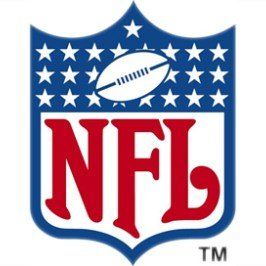Product Management and the NFL
The end of the year also marks the end of the NFL regular season, and with that comes the annual purging and rearrangement of head coaches. And seeing as professional football is America's great metaphor for all situations, it gives us pause to consider the management implications. Of course as we're based in Boston, we'll acknowledge the built-in bias about our local team's recent success. That said, it's interesting to question the logic that causes teams to discard coaches (managers) based on their team's performance against the competition (out in the marketplace).
Football, like product development, is truly a team sport. It takes a special combination of people working together (on and off the field), a lot of preparation, ongoing adjustments, and more than most people would like to admit - a healthy dose of luck and good timing. There is also an important difference between organizations that favor a short-term focus on current results (making the playoffs now!) vs. those that are building a sustainable model for ongoing and repeated success (get the process right and the results will follow). In the business world, some would call this the difference between good and great.
So - did the Jet's make the right moves this year? They were on their way toward building a new program with a young coach. New facilities, new players hand-picked to fit the coach's system and philosophy - which emphasized team effort over individual results (O.K. - we'll call it a copy of the Patriots playbook - but that's fair, it worked here why shouldn't it work there). But then - just as the year was about to start, management got excited about getting their hands on a new star (this one was called Favre, but in other cases we've heard this character called "the guy who did blah, blah, blah back in wherever). Great story, very exciting, everyone feels great. The old guy? The teammate we built our system around? We don't need him anymore. Fine.
Now the results are in. The Jets did not accomplish their goals. And you can't say they didn't have talented players. The coach is gone, the core philosophy is gone, and they're left with their aging star. Time to start over? Meanwhile, here in New England - management's reaction to short term challenges (like torn ligaments, torn quadriceps and broken arms) was to stay within the system. Everyone stayed with the playbook, adjustments were made to account for personnel changes - but the core philosophy stayed the same. Their results this year were equivalent to the Jets, yet somehow they appear to have exceeded expectations and remain at the top of their game.
So it's interesting to think about the product development process. While it's unlikely that every product (season) will be a great success (win the Super Bowl), it takes commitment to an approach that the entire team (from receptionist to CEO, or ball boy to GM) buys into - in order to build a track record that consistently beats the competition over multiple seasons. But though the logic is obvious, too often we see managers abandon their process for the sake of this one important project, or fall into the "heroic effort" trap that neglects the need for a complete team.
Apologies to those of you who could care less about football.









